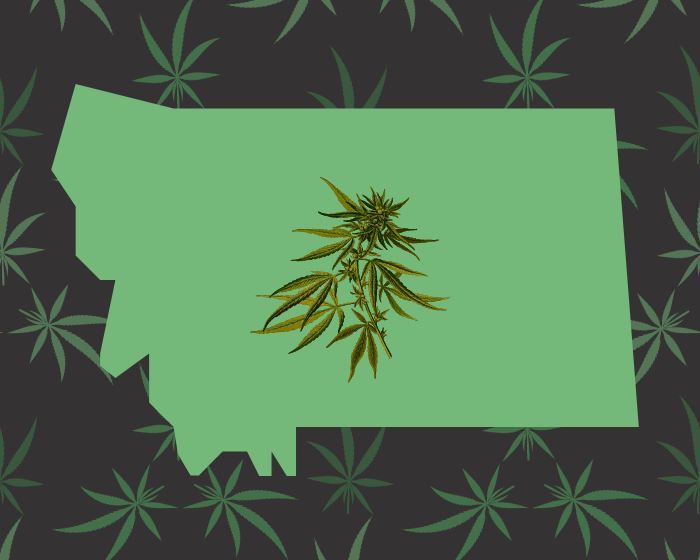More importantly, does that matter?

Did the DEA say delta-8 THC is federally legal? Short answer: Sounds like it.
The U.S. Drug Enforcement Administration (DEA) appears to have interpreted federal law as limiting only delta-9 THC, the dominant form of psychoactive THC produced by cannabis plants.
The cannabis-law-focused blog, Kight on Cannabis, found two instances of recent evidence to support the assertion.
1. DEA States Position — June
In June, DEA representative Sean Mitchell told a virtual town hall audience, “There’s delta-8, there’s delta-10, there’s all kind of different cannabinoids that are associated with Cannabis sativa L. that are kind of out there and making the rounds. So what I want to say, and I’ll be very, very deliberate and clear. At this time, I repeat again, at this time, per the Farm Bill, the only thing that is a controlled substance is delta-9 THC greater than 0.3% on a dry-weight basis.”
“There’s delta-8, there’s delta-10, there’s all kind of different cannabinoids that are associated with Cannabis sativa L. that are kind of out there and making the rounds. So what I want to say, and I’ll be very, very deliberate and clear. At this time, I repeat again, at this time, per the Farm Bill, the only thing that is a controlled substance is delta-9 THC greater than 0.3% on a dry-weight basis.”
— Sean Mitchell, DEA Chief of Intergovernmental Affairs
2. Position Affirmed in Writing — September
In September, the DEA affirmed its position in response to a query from the Alabama Board of Pharmacy. In the letter, the chief of the DEA’s Drug & Chemical Evaluation Section, Terrence Boos, said the Controlled Substances Act excludes hemp-derived THCs as long as the delta-9 THC concentration doesn’t exceed 0.3 percent on a dry weight basis.
In other words, the 2018 Farm Bill that made hemp legal doesn’t ban THC isomers. Boos added that because of the way the law is written, only THC synthetically produced from non–cannabis materials is considered a controlled substance. Delta-8 products are produced in labs, but because they’re made from cannabis-extracted CBD they fall outside the DEA’s authority.
“This is the federal perspective, and many states are citing the DEA as the reason they're attempting to make delta-8 and other hemp-derived cannabinoids and tetrahydrocannabinols illegal.”
— Lukas Gilkey, Owner of Hometown Hero
Good News for the Hemp Industry?
Hearing that the DEA has no plans to come after delta-8 is good news for hemp industry proponents.
However, as Hemp Industry Daily points out, the statements are non binding. And as Marijuana Moment noted, hemp doesn’t actually fall under the DEA’s authority unless delta-9 THC concentrations are high enough for it to be considered a controlled substance. So the DEA is, in effect, only deferring regulatory authority to the Food and Drug Administration. (The FDA, for its part, has issued a warning on the safety of delta-8 products and appears to be gathering further information on its effects, but hasn’t banned the substance.)
Further, the DEA’s stance on delta-8 doesn’t override state bans or regulations on delta-8, which several states have issued either through formal legislation or administrative interpretation.
Still, hemp industry advocates like Lukas Gilkey of Hometown Hero, are taking heart from the revelation. The Texas-based hemp company is currently in a legal battle with the state’s health department to keep delta-8 on shelves.
“This is confirmation from the DEA that delta-8 is fully federally legal,” Gilkey said in a video. “Now obviously I’m involved in a lawsuit with the state of Texas and that has impacts specifically on Texas law. But this is the federal perspective, and many states are citing the DEA as the reason they're attempting to make delta-8 and other hemp-derived cannabinoids and tetrahydrocannabinols illegal.”







































